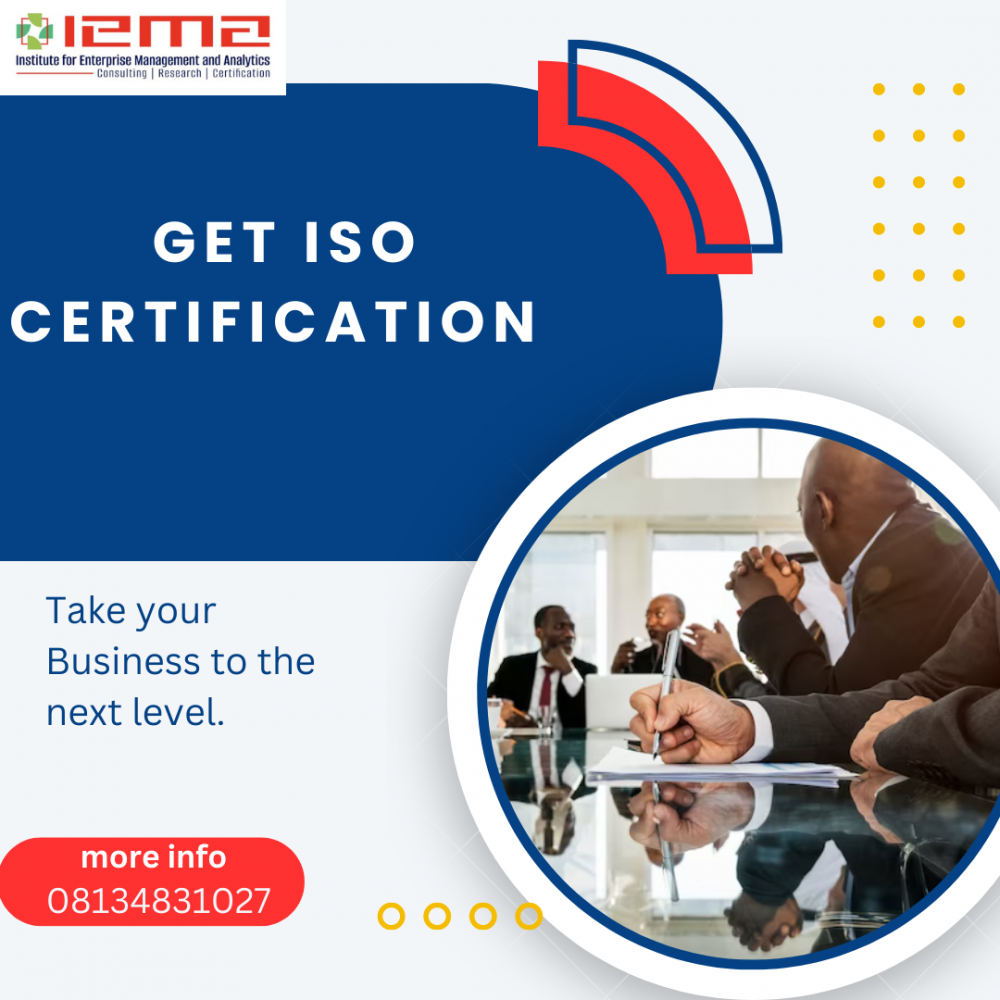ISO certification might seem daunting for small and medium-sized enterprises (SMEs), but its benefits are significant and can make a real difference in the competitive landscape. Here’s why ISO standards, such as ISO 9001 (Quality Management), ISO 45001 (Occupational Health and Safety), and ISO 14001 (Environmental Management), are especially valuable for small businesses:
1. Enhanced Credibility and Customer Trust
- ISO certification provides an internationally recognized seal of quality, safety, or environmental responsibility. For SMEs, achieving ISO standards builds trust with clients, who often look for reliable and standardized quality in their partnerships.
- Certification can be especially persuasive in industries like manufacturing, engineering, or health services, where quality and safety are critical.
2. Improved Efficiency and Cost Savings
- ISO standards focus on process optimization, waste reduction, and continuous improvement, helping small businesses streamline operations. ISO 9001, for example, encourages efficient workflows, leading to better resource management and cost savings.
- With fewer inefficiencies and errors, SMEs often see a reduction in rework costs, resource usage, and time spent addressing complaints or issues.
3. Better Risk Management
- ISO standards such as ISO 45001 help businesses address safety risks systematically, while ISO 31000, an optional standard, provides a framework for risk management. By identifying risks early, SMEs can implement preventive measures, reducing the likelihood of costly incidents.
- For businesses handling sensitive data, ISO 27001 (Information Security) ensures data protection, lowering the risk of cyber threats.
4. Increased Access to New Markets
- Many large corporations and government contracts require suppliers and partners to be ISO-certified. Achieving certification can open doors for SMEs to compete for contracts and expand into new markets where certification is a prerequisite.
- Certification can also simplify international expansion, as ISO standards are globally recognized, helping SMEs meet regulatory requirements in other countries.
5. Enhanced Employee Engagement and Retention
- ISO certification often requires establishing clear roles, responsibilities, and safety measures, which contributes to a safer, more organized work environment. For instance, ISO 45001 focuses on health and safety, showing employees that their well-being is valued.
- With improved training and a focus on quality, employees are more likely to feel engaged and motivated, reducing turnover and enhancing productivity.
6. Stronger Environmental Responsibility
- Standards like ISO 14001 focus on environmental management, helping small businesses reduce their environmental footprint, which is becoming increasingly valuable to customers.
- Green certifications also strengthen brand reputation, which can differentiate SMEs in markets where eco-conscious consumer choices are growing.
7. Support for Business Growth and Scalability
- ISO standards introduce practices that help small businesses grow in a structured and sustainable way. The continuous improvement model embedded in these standards allows companies to scale effectively while maintaining quality.
- Certification encourages setting benchmarks and goals, facilitating data-driven decisions and aiding in strategic planning.
Getting Started with ISO Certification for SMEs
SMEs considering ISO certification can follow these steps:
- Understand Relevant Standards: Start with standards that align closely with your business goals. Many small businesses begin with ISO 9001 for quality or ISO 14001 for environmental impact.
- Engage an Expert: Consider hiring an ISO consultant or lead auditor, as their expertise can simplify the certification journey.
- Internal Audits and Training: Regular internal audits and staff training are essential for certification readiness and maintaining standards over time.
- Leverage Grants or Support Programs: Some governments offer grants or support programs to help SMEs achieve ISO certification. It’s worth researching these to offset costs.
For SMEs, ISO certification is an investment that pays off in reputation, efficiency, and growth potential. While it requires an upfront commitment, the rewards—stronger market positioning, operational efficiency, and risk reduction—make it an opportunity that small businesses should seriously consider.




Leave a Reply